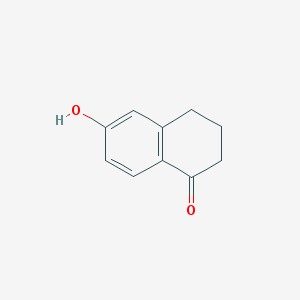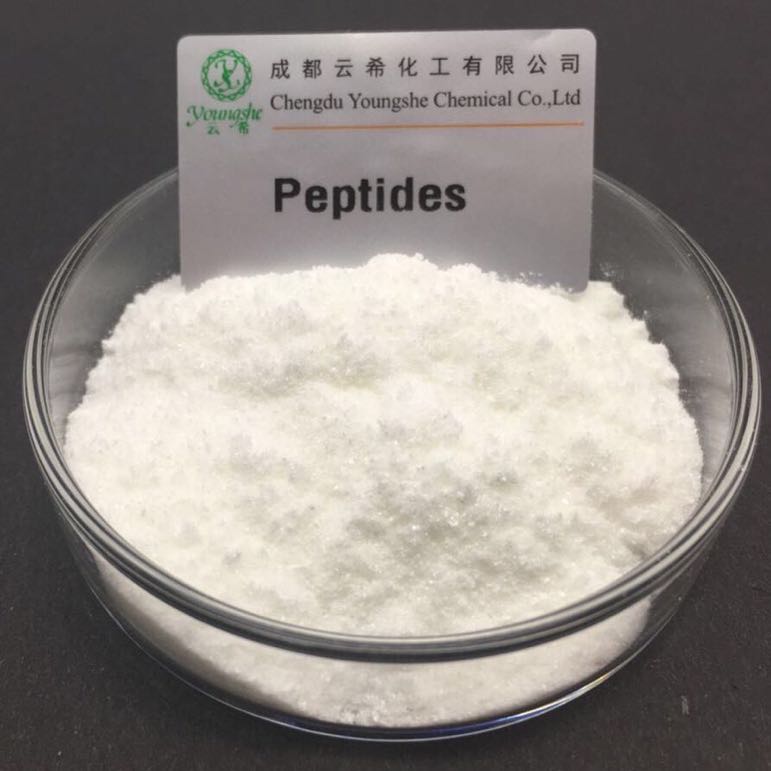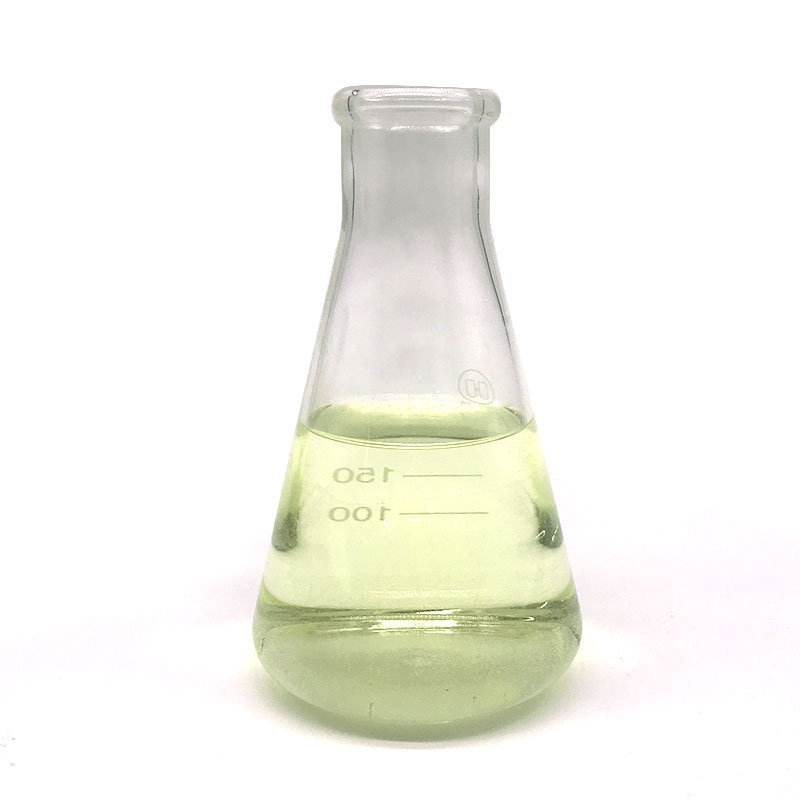Hepatology: Identify new potential gene targets for the treatment of liver cancer in children
-
Last Update: 2020-07-09
-
Source: Internet
-
Author: User
Search more information of high quality chemicals, good prices and reliable suppliers, visit
www.echemi.com
In a recent study published in the international journal Hepatology, scientists from the University of Massachusetts School of Medicine and others identified potential new therapeutic targets for hepatoblastoma, a rare form of childhood liver cancer that does not currently have an effective treatmentIn the study, researchers have for the first time shed light on the potential effectiveness of YAP1-targeted therapies in the treatment of liver cancer in children, and they point out that the fate of cancer cells could be reversed, perhaps opening the door to a new type of treatment, said researcher Jordan SmithAbout 100 children in the United States are diagnosed with hepatoblastoma each year, and for children with malignant diseases, survival rates are low, at only 27 percentFor these children, the researchers were helpless, with liver cancer almost without symptoms in 60-80 percent of patients until the tumor developed to be surgically removableresearchers typically use chemotherapy, but they tend to have serious side effects in children, such as hearing loss or learning disabilities, and may need a heart or kidney transplant later in the childIn this study, researchers looked for a new way to target key genes that control the survival and growth of tumors in hepatoblastoma, and this method is currently successful in adult cancer treatment, which, if effective in the child's body, may be able to slow the need for chemotherapy in childrenresearchers have found that turning off the YAP1 gene can shrink more than 90 percent of tumors and extend the patient's survival to more than 230 days; Next, researchers will develop a customized therapy that targets the liver and keeptrack on hepatoblastoma cells, and finally researcher Smith says we will continue to delve into more new treatments for childhood cancers such as hepatoblastomaThis article is from Bio Valley, for more information, please download Bio Valley APP (
This article is an English version of an article which is originally in the Chinese language on echemi.com and is provided for information purposes only.
This website makes no representation or warranty of any kind, either expressed or implied, as to the accuracy, completeness ownership or reliability of
the article or any translations thereof. If you have any concerns or complaints relating to the article, please send an email, providing a detailed
description of the concern or complaint, to
service@echemi.com. A staff member will contact you within 5 working days. Once verified, infringing content
will be removed immediately.







